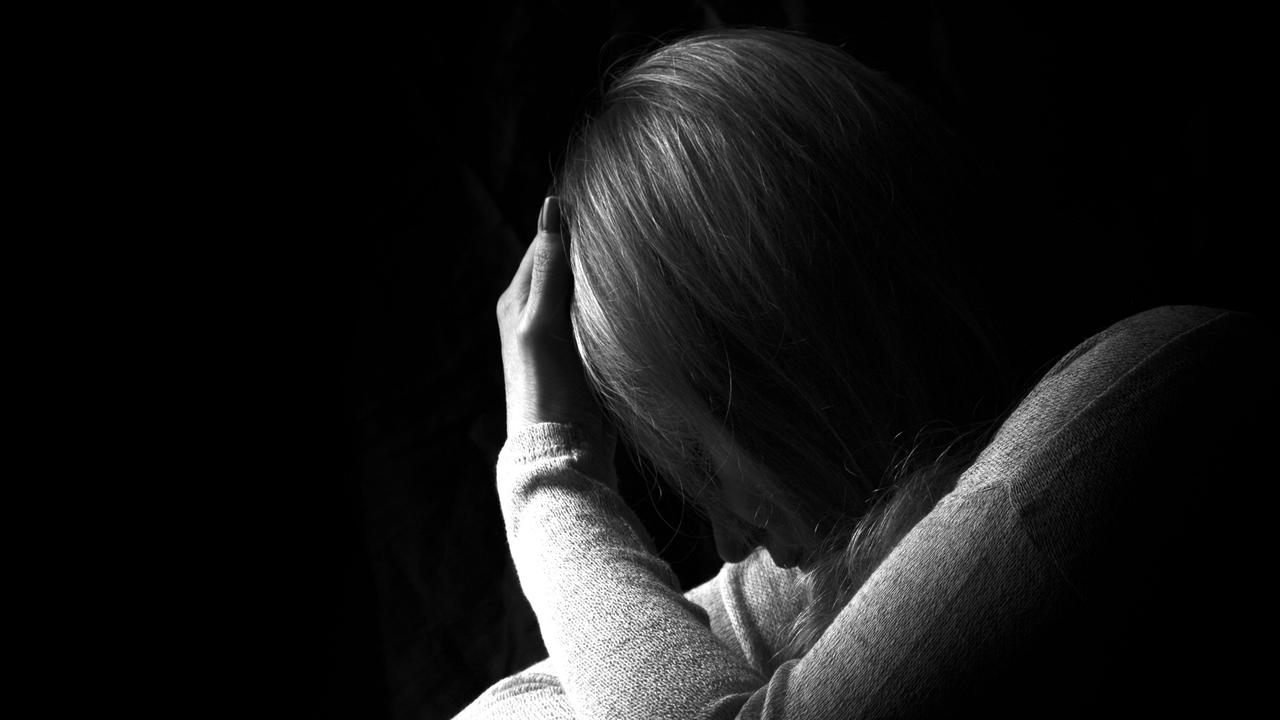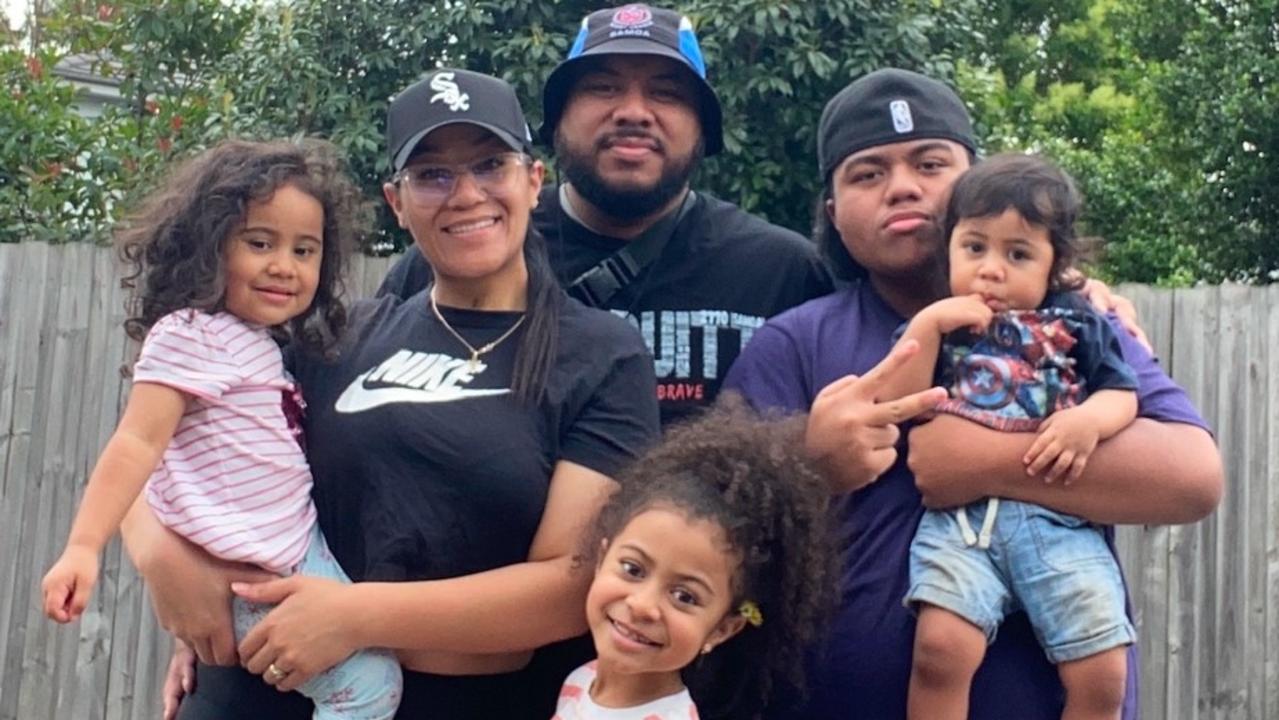Royal Commission into Defence and Veteran Suicide hears ‘bad apples’ of the ADF go unpunished
Months of bullying exacerbated Private Daniel Garforth’s mental health spiral and left him feeling trapped and unable to opt out, or speak out about his abuse.
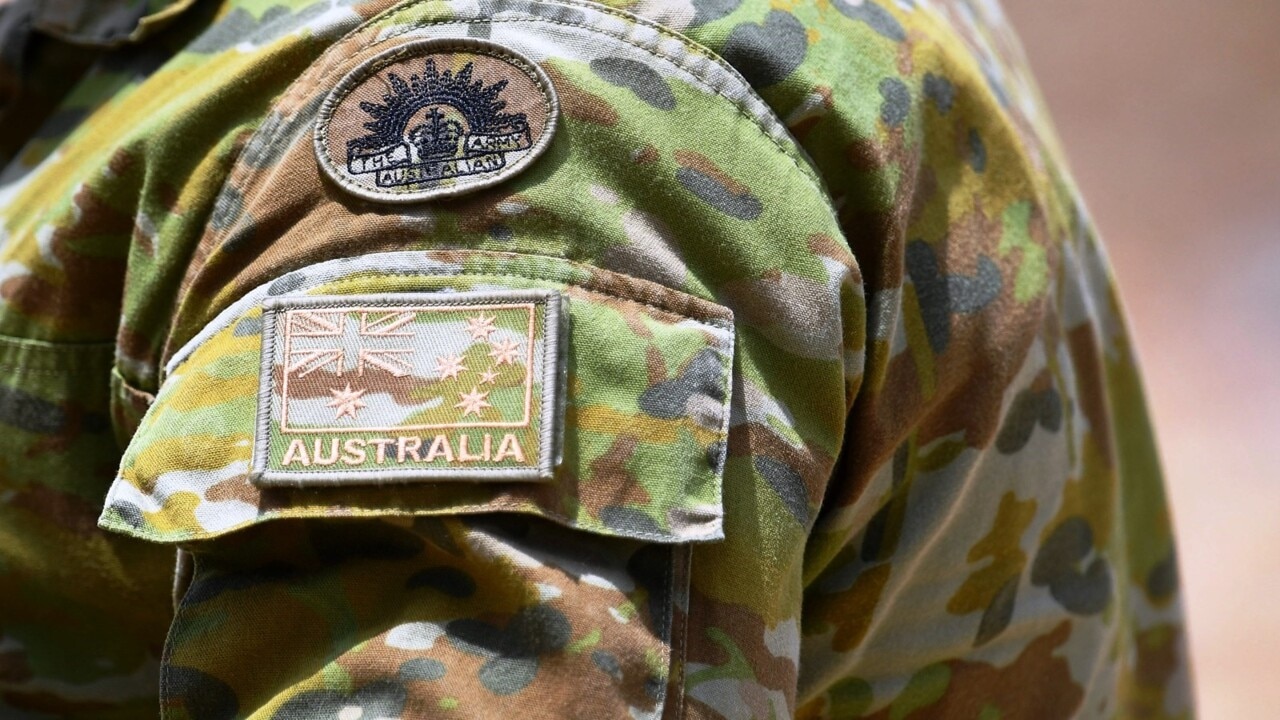
Nikki Jamieson says her son died by suicide because he wanted his situation, not his life to end.
But a toxic mix of fear and ostracisation made it impossible for Private Daniel Garforth to escape a ‘machine’ that reduced him to a shadow of his former self, and continued to fail him – and his family – well after his death at the age of 21.
Ms Jamieson on Monday was scathing of the Australian Defence Force and its handling of her son’s death seven years ago, telling the Royal Commission into Defence and Veteran Suicide of an horrific culture of bullying and bastardisation that, as it stands, appears incapable of being dismantled.

“Many people in defence are good and have really good intentions, but there are bad apples,” Ms Jamieson said.
“(And) any bad apples that get punished are always those of lower rank … and the chain of command that set the conditions for the crime are left unexamined and unpunished.
“And that was exactly the same in my son‘s case.”
Ms Jamieson was uniquely – if tragically – qualified to open proceedings at the Royal Commision in Brisbane on Monday, having used the grief of her son’s death as a driver for her advocacy and empowerment of others in the years since.
She has also completed a Masters in Suicidology and is in the final year of a PhD exploring veterans’ mental health, making her one of several academics to address the probe.
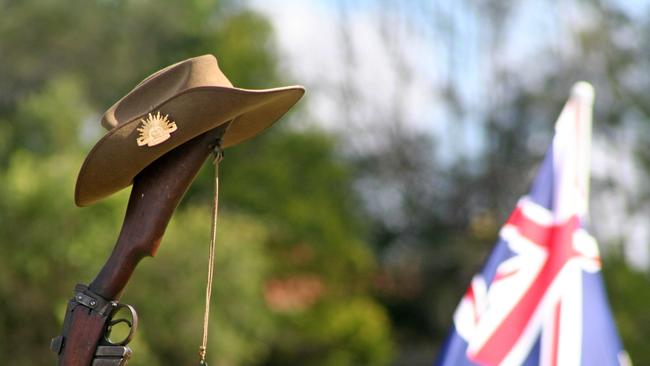
Daniel Garforth was by his mum’s account “a very cheeky chappie” and one of “life‘s little helpers” who was extremely determined and proud when he shipped out to Kapooka for training at the age of 19, just a week after the birth of his daughter.
Ms Jamieson said Daniel was later stationed at Darwin with the 5th Battalion of the Royal Australian Regiment, where he soon found himself singled out for constant abuse and belittlement by senior officials.
Months of bullying only exacerbated his feeling of isolation from being away from his family, and triggered a mental health spiral that – as Ms Jamieson describes – left him feeling trapped and unable to opt out, or speak out.
“He was fearful of being ridiculed, and being considered a malingerer and a failure,” Ms Jamieson said.
“Not only was this investigated and reported, but this was actually reported by the very person abusing him. There was no independence in this process. There was no transparency and transparency and impartiality.
“This treatment heightened his mental distress is monitoring, moral trauma, his distrust and isolation, leaving Daniel feeling like he was trapped with nowhere else to go but suicide.”
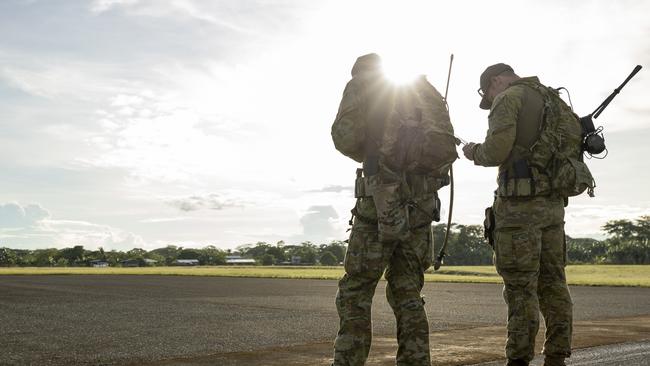
Daniel’s performance slipped as his health worsened, with the young man failing fitness tests and room inspections, becoming more isolated and withdrawn, prone to anger outbursts, and swinging between a catatonic state and on the verge of crying.
“(He) told people he was not coping and fearful of going to work – all signs should have been picked up,” Ms Jamieson said.
Ultimately Daniel decided to leave the defence force, but a series of events that are still unclear led to him remaining in Darwin.
“He was looking forward to coming home. He was looking forward to spending that Christmas of 2014 with us,” Ms Jamieson said.
“The next I heard he‘s been threatened with charges and his discharge is being cancelled. “There are mixed reports saying you know, he may have changed his mind. But when I look back and think about some of the Facebook posts that he posted around that time, he wanted to come home, he wanted to leave … he was looking forward to leaving.
“Something happened that stopped that process.”
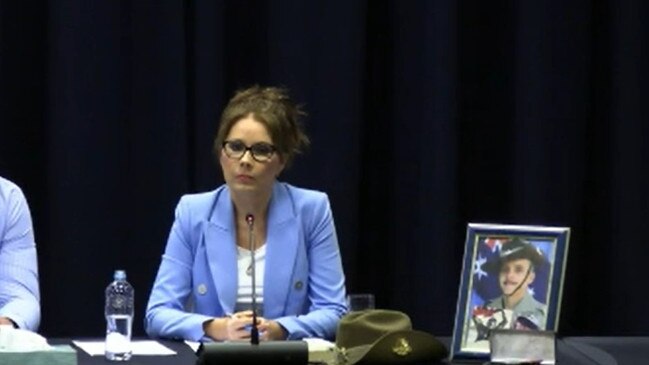
Ms Jamieson said there should be an-opt out option for recruits to leave safely and quickly if needed, while the stigma around mental health that prevents people from talking needed to be dismantled.
“As soon as you‘re labelled, you’re gone. And that’s it. Your career is over,” Ms Jamieson said.
Ms Garforth’s testimony was followed by a number of contributions from academic experts, each touching on the perceived inability of the defence force to address the failings at its core, and kick off the changes needed to create a safe and supportive environment for its current and former members.
The inquiry heard how recruits essentially had their identity stripped while being bound to a system of unquestioned loyalty and hypermasculinity that may not necessarily be suitable for a modern defence force.
“The old school hypermasculine view of the ideal military soldier is a big, strong, buffy bloke who‘s willing to use lethal force and kill another human being, possibly in close combat,” said James Connor, an associate professor of sociology at the University of NSW.

“This is not what the future battle space will look like. The future battle space will require a diversity of skills, experiences and abilities that cross the gamut of gender and training and worldview … not just your traditional and, let‘s be blunt about the ADF, white bloke.
“Shifting towards this … is a fundamental challenge to the entire cultural history of the ADF which is about strong masculine men, wrestling with other men for dominance.”
Public hearings for the Royal Commission continue in Brisbane on Tuesday.

